Does Antibiotic Use Affect Fertility?
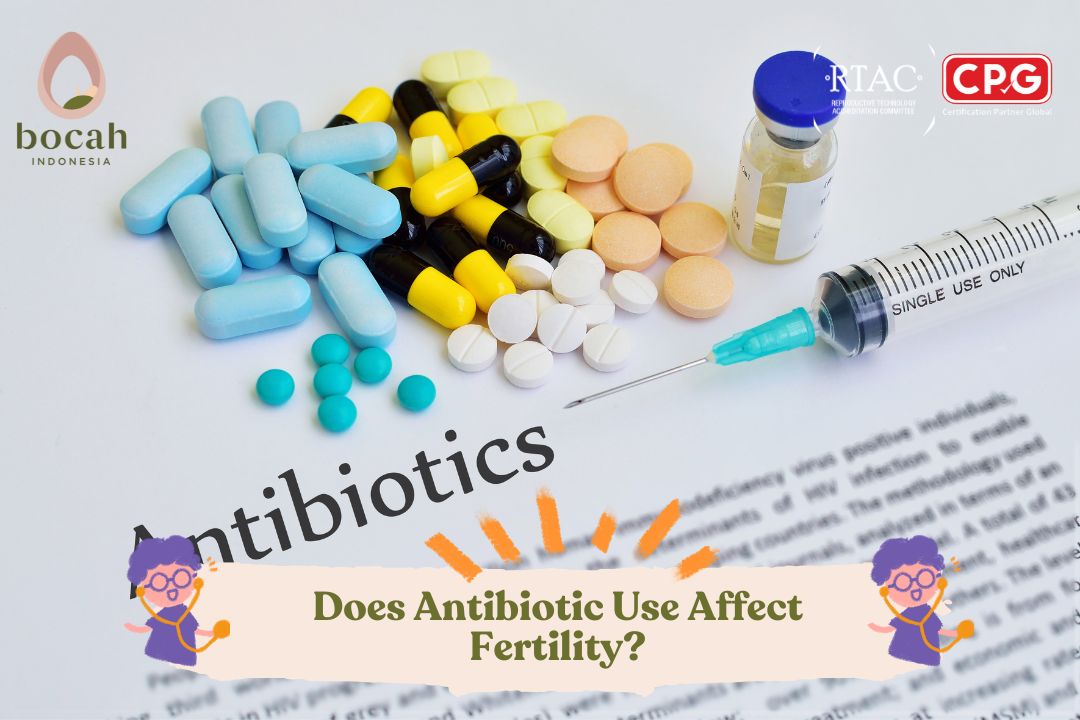
Antibiotics are commonly prescribed to prevent or treat bacterial infections. In general, antibiotics do not cause fertility problems when taken as directed by a doctor.
Many people may have taken antibiotics while ill, as prescribed by their physician. These medications work by killing bacteria or stopping them from spreading throughout the body. However, many couples wonder whether antibiotics can interfere with fertility or ongoing pregnancy programs.
In fact, fertility in both men and women is influenced by various factors such as age, body weight, unhealthy lifestyle habits, and underlying medical conditions.
Antibiotics and Fertility: What’s the Link?
Antibiotics play a crucial role in treating bacterial infections, including sexually transmitted infections (STIs) like chlamydia and gonorrhea, which can negatively affect fertility in both men and women.
If left untreated, STIs can cause damage to the uterus, ovaries, or fallopian tubes, potentially leading to conditions such as pelvic inflammatory disease (PID). PID can cause scarring in the fallopian tubes, blocking the path of the egg and preventing fertilization by sperm.
Mulai Journey of Hope
To prevent such complications, doctors often prescribe antibiotics to stop the infection from spreading and to protect the reproductive organs—thus supporting the chance of conception.
For men, prolonged or excessive use of certain antibiotics—such as erythromycin, gentamicin, neomycin, nitrofurantoin, and tetracycline—may temporarily impair sperm quality.
Similarly, sulfasalazine used for more than two months has been associated with sperm damage, reducing the likelihood of conception.
However, no strong scientific evidence confirms that antibiotics, when used appropriately under medical supervision, cause infertility. In most cases, any side effects on fertility are reversible and depend on the type and duration of antibiotic use. If you are undergoing fertility treatment and are prescribed antibiotics, it is advisable to consult your doctor first.
Other Medications That May Affect Fertility
Rather than antibiotics, the following types of medications have been more strongly linked to decreased fertility:
| Medication Type | Potential Impact on Fertility |
|---|---|
| Corticosteroids / Steroids | High doses may inhibit ovulation in women and suppress sperm production in men if misused |
| Antidepressants | Some types may increase prolactin levels, affecting ovulation and reducing sperm quality |
| High Blood Pressure Drugs (e.g. Spironolactone) | May reduce sperm production and affect embryo quality in women |
| Hyperthyroidism Medications | Incorrect dosages can disrupt prolactin and menstrual cycles, lowering pregnancy chances |
| Chemotherapy Drugs | Can damage eggs and sperm, leading to long-term or permanent fertility issues |
| Antipsychotics (e.g. Risperidone) | May disrupt ovulation and menstruation due to effects on prolactin |
| Herbal Remedies & Supplements | Often lack clinical testing and may pose unknown risks to reproductive health |
What Should Couples in Fertility Programs Do?
If you’re trying to conceive:
-
Always consult your doctor before taking any medication—including antibiotics, antidepressants, or blood pressure medications.
-
Discuss the risks of any chronic medications you’re currently taking.
-
Be cautious with unregulated supplements or herbal products, as many have not been clinically tested for fertility safety.
Conclusion
Antibiotics do not negatively affect fertility when used under proper medical guidance. In fact, treating infections early can prevent long-term reproductive damage. If fertility is impacted during antibiotic use, other contributing factors are usually involved.
To ensure a safe and effective fertility journey, always follow your doctor’s recommendations when taking any medication, especially during pregnancy planning.
Source:
- Mikkelsen, EM., et al. (2023). Preconception use of antibiotics and fecundability: a Danish prospective cohort study. Fertility and Sterility, Volume 120, Issue 3, Part 2, September 2023, Pages 650-659.
- Shao, S., et al. (2023). Association between antibiotic exposure and the risk of infertility in women of childbearing age: A case-control study. Ecotoxicology and Environmental Safety, Volume 249, 1 January 2023, 114414.
- Crowe, HM., et al. (2021). Antibiotics and fecundability among female pregnancy planners: a prospective cohort study. Human Reproduction, Volume 36, Issue 10, October 2021, Pages 2761–2768.
- 12 Foods to Help You Get Pregnant Faster - 03/03/2026
- 3 Juice Recipes for a Pregnancy Program - 26/02/2026
- 4 Risk Factors for Infertility That Can Affect Both Men and Women - 25/02/2026


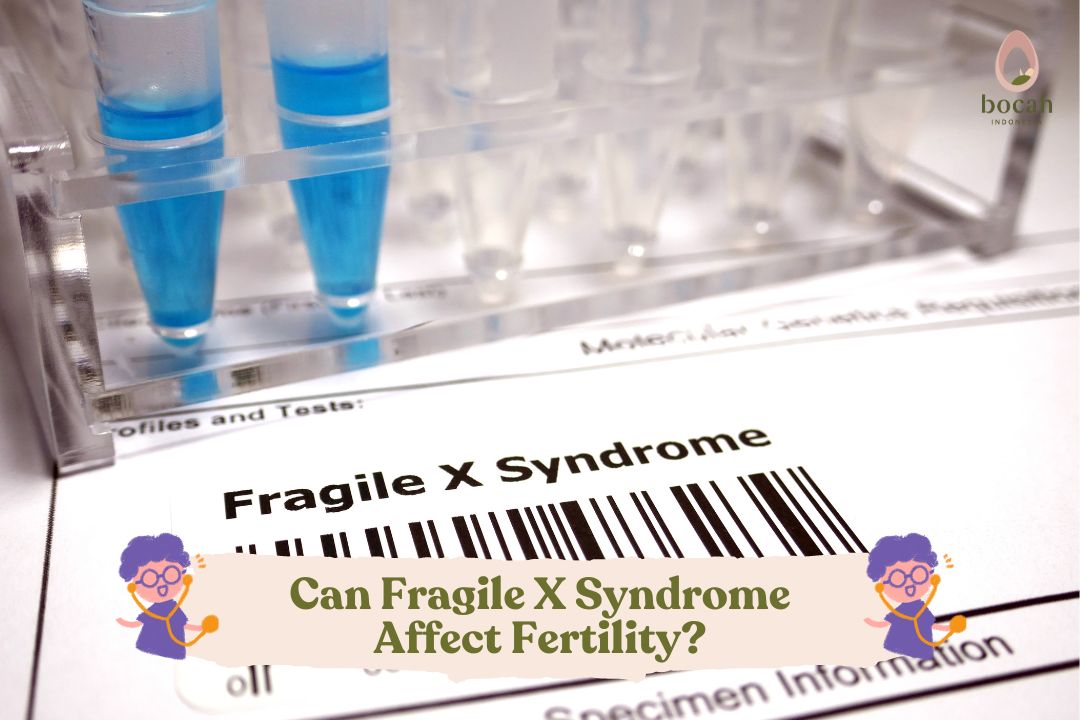
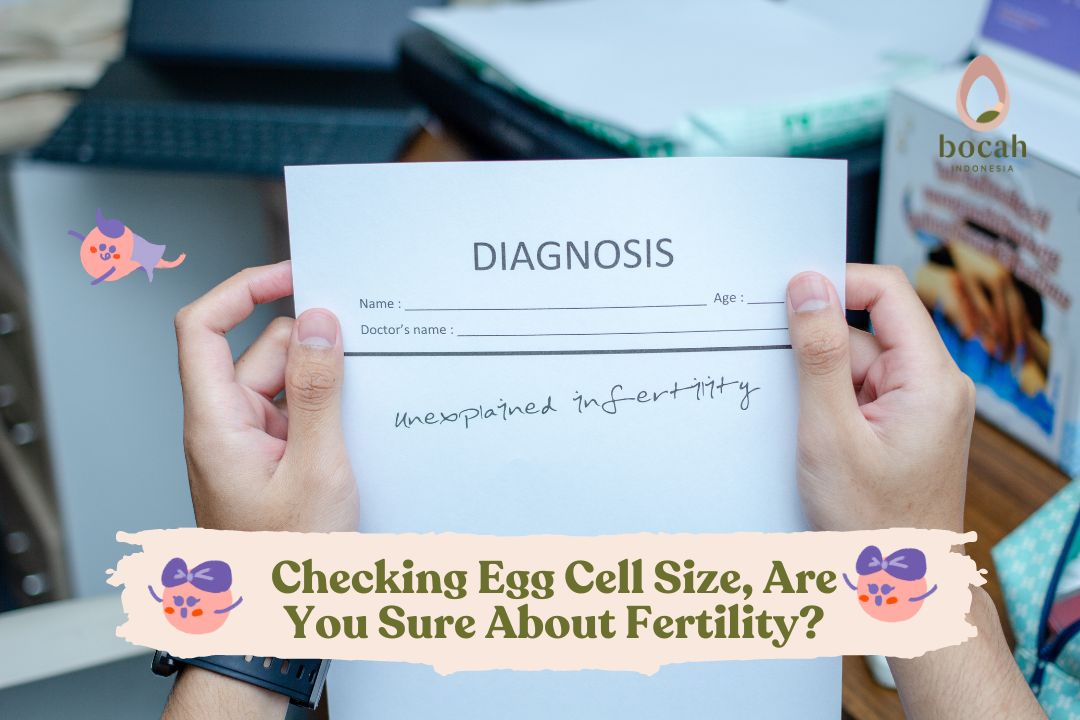

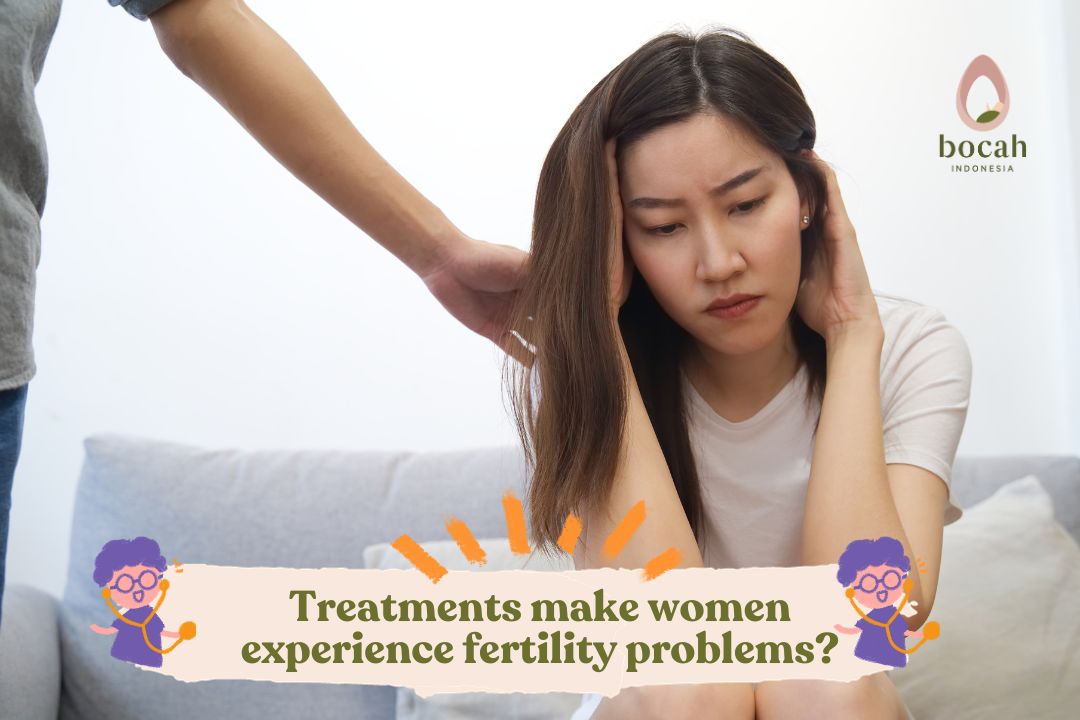

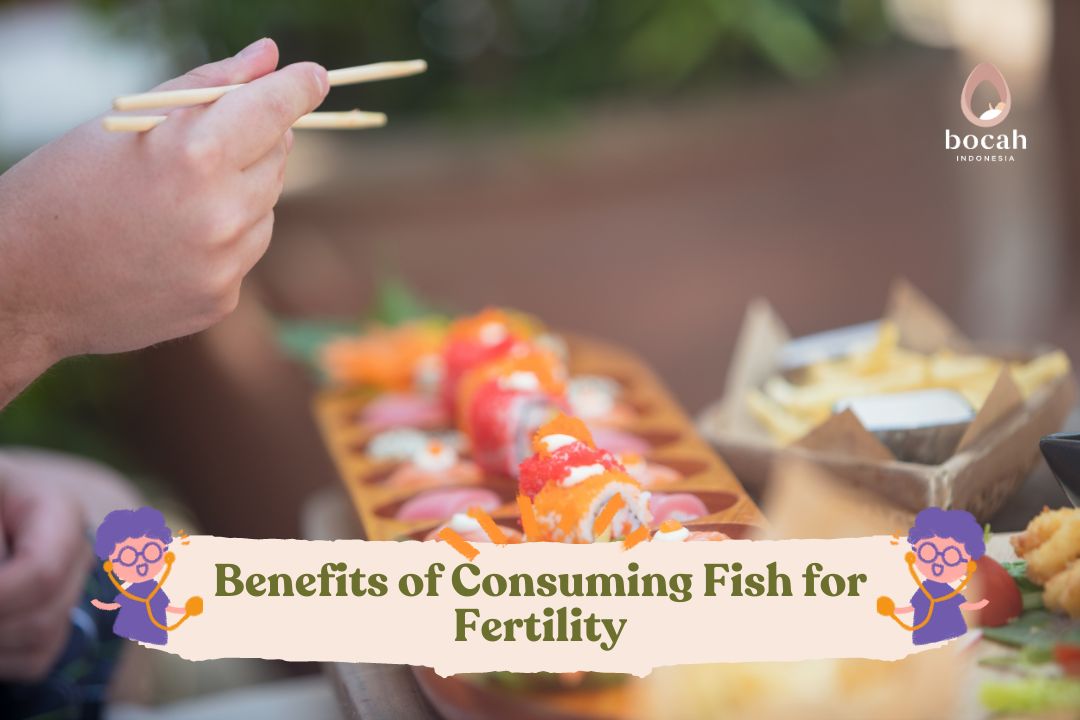
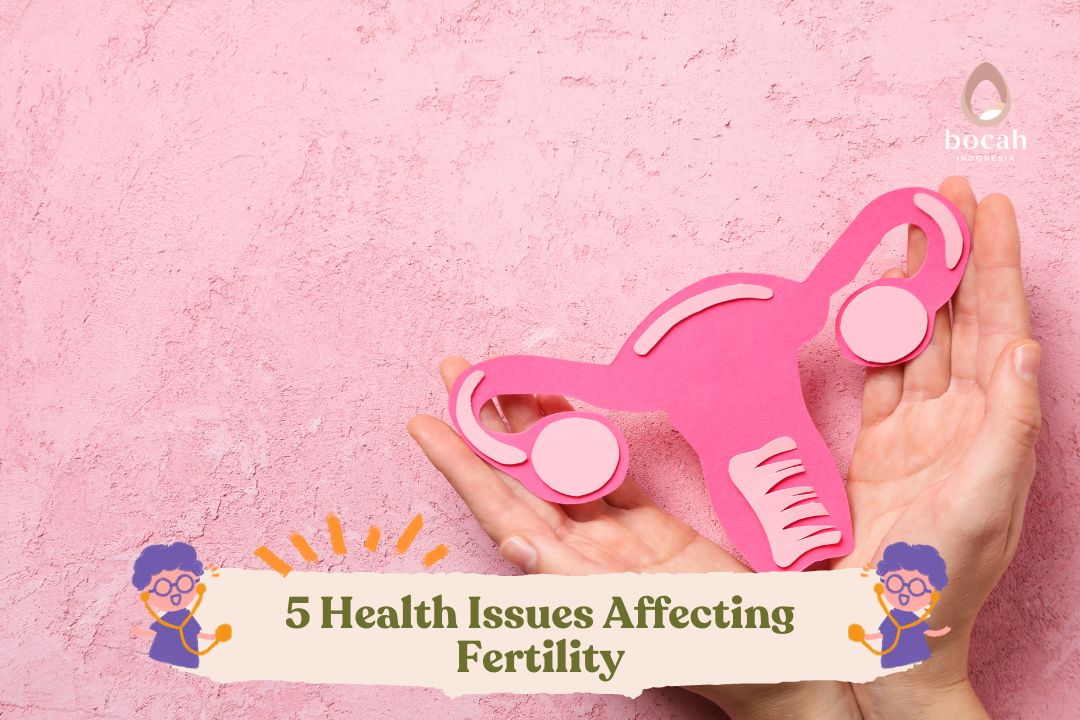
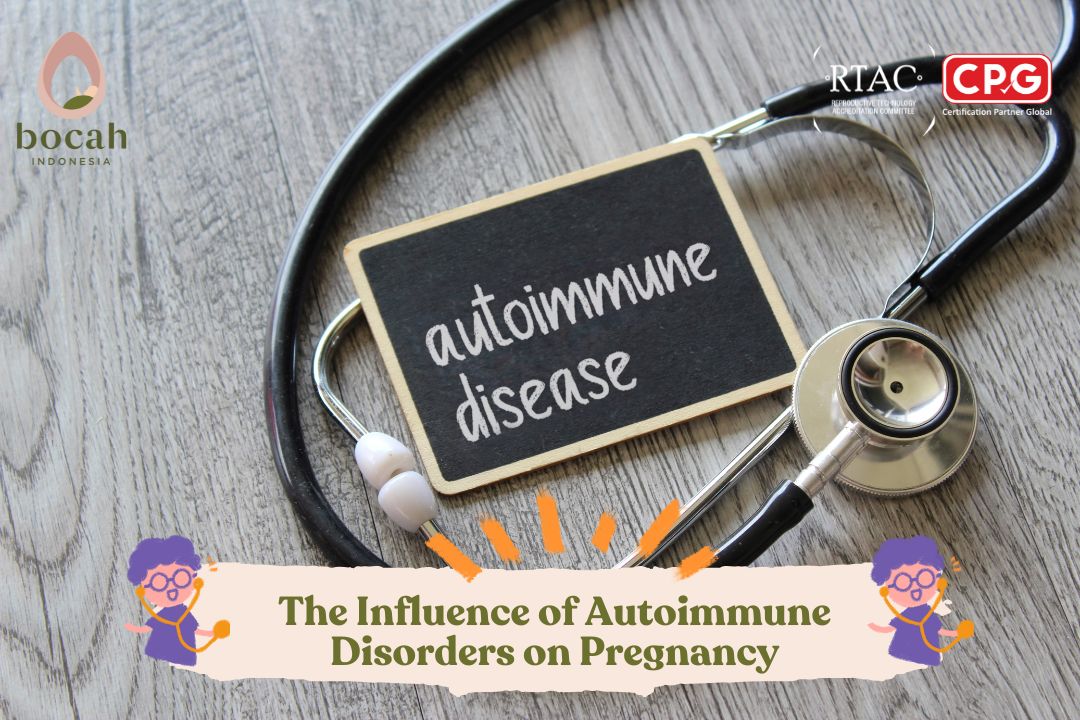




One Response
It’s also crucial to learn as much as you can about your diagnosis. Seek options reach out to: WORLD REHABILITATE CLINIC.